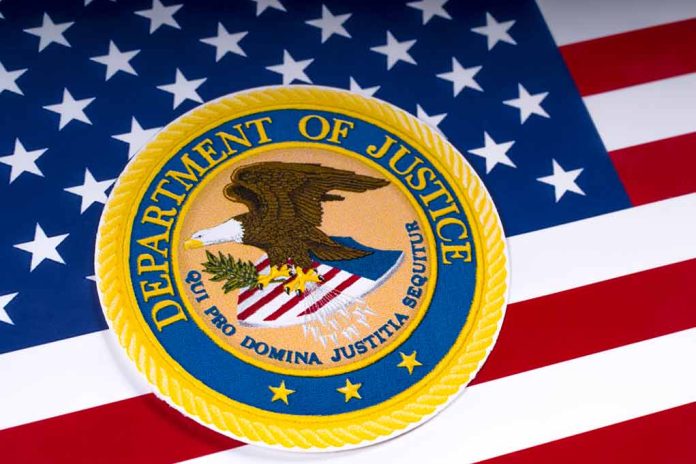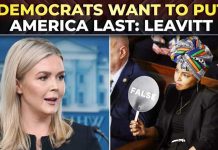
Gun rights organizations are pushing back against a Department of Justice protective order that limits their ability to report on disclosed surveillance program documents.
Key Takeaways
- Legal complaint filed by Gun Owners of America and Gun Owners Foundation against DOJ to lift protective order.
- ATF mistakenly disclosed records related to monitoring lawful firearm purchases, plaintiffs argue gag order limits transparency.
- Court issued a gag order against reporting, plaintiffs allege First Amendment violations.
- DC Circuit ruling challenges court’s authority to issue a gag order for accidental disclosures.
Gun Rights Organizations Take Legal Action
The Gun Owners of America (GOA) and Gun Owners Foundation (GOF) have taken decisive steps by filing a legal complaint against the Department of Justice (DOJ). Their objective is to overturn a protective order that bars them from discussing previously disclosed documents from the Bureau of Alcohol, Tobacco, Firearms, and Explosives (ATF). The documents arose through a Freedom of Information Act (FOIA) request and carry information on ATF measures aimed at monitoring legitimate gun sales.
A court released a gag order to prevent spreading this information, which the organizations argue breaches their First Amendment rights. They believe that barring discussion prevents addressing government transparency and potential overreach. Both GOA and GOF claim the order stops them from revealing significant issues regarding surveillance.
Court’s Stance on Gag Order
The court, emphasizing the need for protective measures, has not budged on requests to reconsider this order. The plaintiffs argue, “has denied Plaintiffs’ repeated requests … to consider the basis of its order, declining to hold a closed hearing or to consider the document production in camera.” GOA and GOF argue that the ATF’s unintentional error does not justify retaining the protective order, which they view as unconstitutional.
The organizations assert, “the protective order Defendant seeks is a presumptively unconstitutional prior restraint on quintessential speech and press activity protected under the First Amendment.” They further contend that the ATF’s action aims to hide activities that demand government transparency. The surveillance under dispute primarily occurred during the Biden administration, but efforts to curtail such practices have gained attention since.
Ruling Challenges Judicial Authority
A recent ruling by the D.C. Circuit Court questions the authority of courts to enforce gag orders for inadvertently disclosed materials. This decision puts the court’s actions under scrutiny as it enforces a protective order over material that the ATF accidentally released. With no national security at stake, the plaintiffs emphasize that no such restrictions should overshadow the imperative for press freedom. The protective order debate continues to stir conversations surrounding First Amendment rights and governmental transparency.



